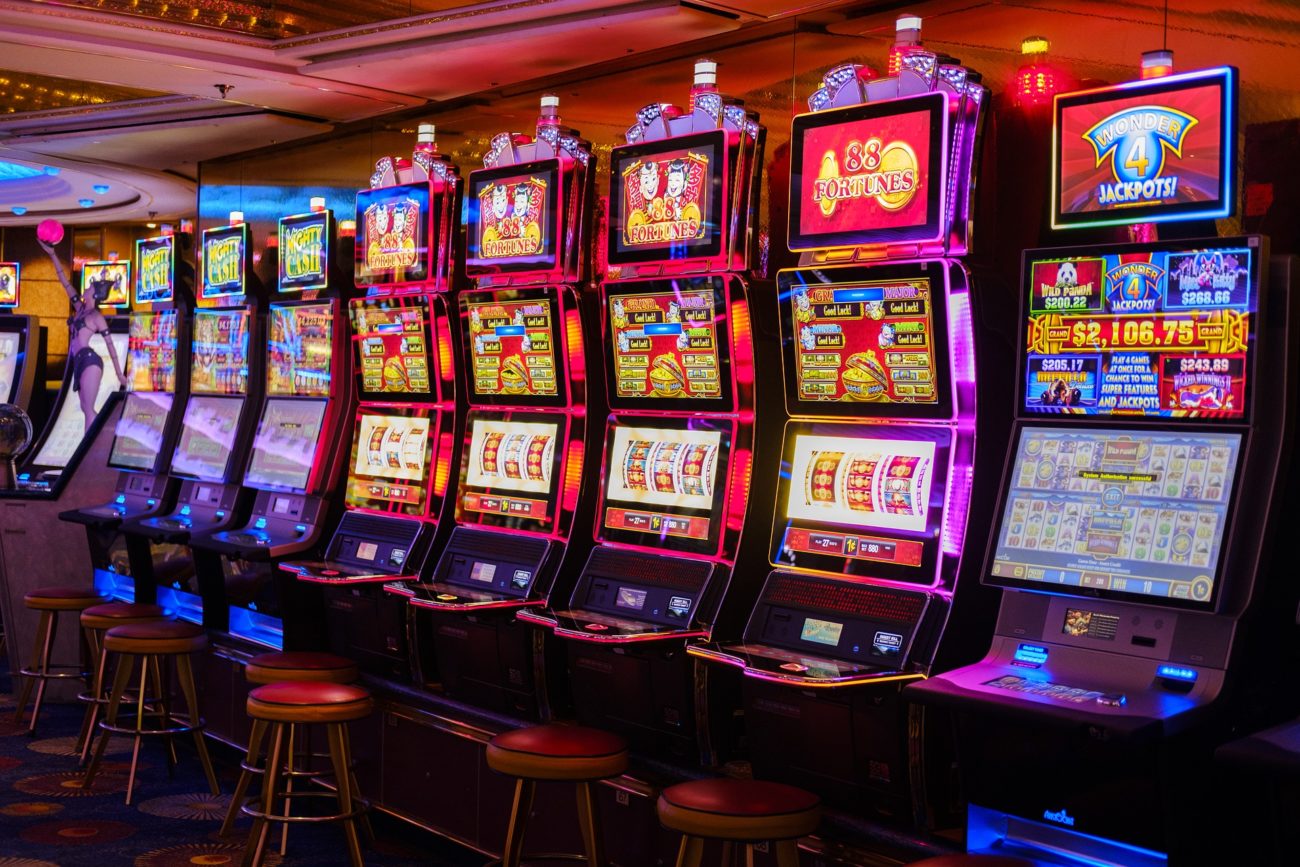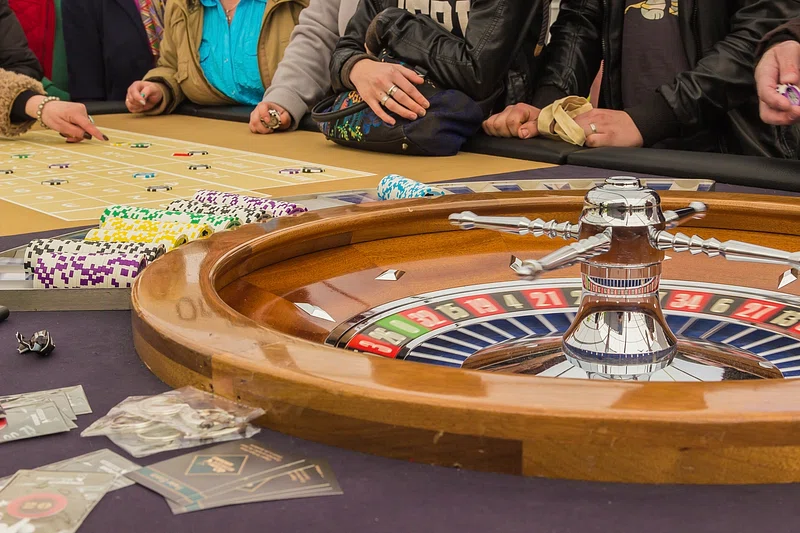In the ever-evolving landscape of video games and mobile applications, microtransactions have emerged as a linchpin for revenue generation. Once relegated to the realm of free-to-play models, microtransactions have spread across various gaming genres, with a notable presence in slot games. This trend has not only reshaped the gaming experience but also ignited a dialogue about ethical business practices in the industry and the psychology of player engagement.
The Rise of Microtransactions in Slot Games
Microtransactions refer to small financial transactions made online, typically through in-app purchases, that allow players to enhance or expedite their gaming experience. In the realm of slot games, these transactions often manifest in various forms: buying virtual currency, unlocking special features, or acquiring exclusive themes and characters.
Historically, slot machines were a physical and straightforward affair, where players wagered money for the chance to win a jackpot. With the advent of digital slots, this model evolved. Developers began integrating features such as free spins and bonus rounds, which were often locked behind a paywall. The advent of mobile gaming further accelerated this trend, as the ease of making small purchases in games transitioned from a once-rare occurrence to a common practice.
The Mechanics of In-App Purchases
In slot games, microtransactions can take various forms, often appealing to different player demographics. Some common types include:
- Virtual Currency Bundles: Players can purchase in-game currency that allows them to continue playing or access exclusive games and features.
- Enhanced Odds: Players might buy items that, while not guaranteeing a win, could improve their chances of scoring big during gameplay.
- Custom Themes and Avatars: Unique visual styles or themed experiences can be purchased to personalize the gaming experience or add a fun flair.
- Bonus Features: Accessing bonus rounds or advanced levels often comes at a cost, enticing players to invest real money for enhanced gameplay.
These microtransactions are cleverly integrated into the game mechanics, often providing players with a sense of urgency or the fear of missing out (FOMO). This design keeps players engaged, with many inadvertently falling into spending patterns that can lead to significant financial outlays over time.
The Impact on Player Experience
The incorporation of microtransactions in slot games has created a differential experience for players. On the positive side, in-app purchases can enhance gameplay, giving casual players the opportunity to engage more deeply with the game without investing vast amounts of time. They can buy their way into new experiences, making the game feel fresh and exciting, even for those who don’t want to grind for rewards.
However, this model has its downsides. Critics argue that microtransactions can lead to unfair advantages, skewing the experience for players who either cannot or choose not to spend additional money. This practice creates a chasm between those willing to pay and those who prefer playing the game for free, often leading to frustration and disappointment within the community.
Psychological Considerations
Microtransactions in slot games also tap into psychological phenomena. Game designers leverage techniques from behavioral psychology to elicit spending, creating a sense of anticipation or reward. This includes:
- Variable Reward Schedules: Similar to how traditional slot machines operate, the randomization of wins can create a gambling-like environment that keeps players coming back for more.
- Loss Aversion: Players may feel the need to spend to recoup losses, further driving investment.
- Social Proof: Leaderboards and in-game accomplishments can pressure players to spend to compete with friends or peers.
These strategies fundamentally alter the way players engage with games, pushing boundaries between entertainment and gambling.
The Regulatory Landscape and Future Prospects
As microtransactions continue to dominate the gaming landscape, regulators are beginning to take notice. Concerns over the potential for addictive behaviors and the ethical implications of profiting from them are prompting calls for oversight. In several jurisdictions, legislation is being proposed to require transparency in the presence and significance of microtransactions in games, especially those targeting younger audiences.
Looking ahead, the gaming industry must navigate the delicate balance between monetization, player experience, and ethical conduct. Future innovations may lead developers to explore subscription models, fairer pay-to-play systems, or entirely new ways to reward players without relying heavily on microtransactions.
In summary, microtransactions have undeniably changed the landscape of slot games. They have introduced new revenue streams, prompted engaging player experiences, and raised ethical questions about player well-being. As both players and developers navigate this complex frontier, it will be interesting to see how the industry continues to adapt and innovate in response to the evolving demands of gaming culture.




